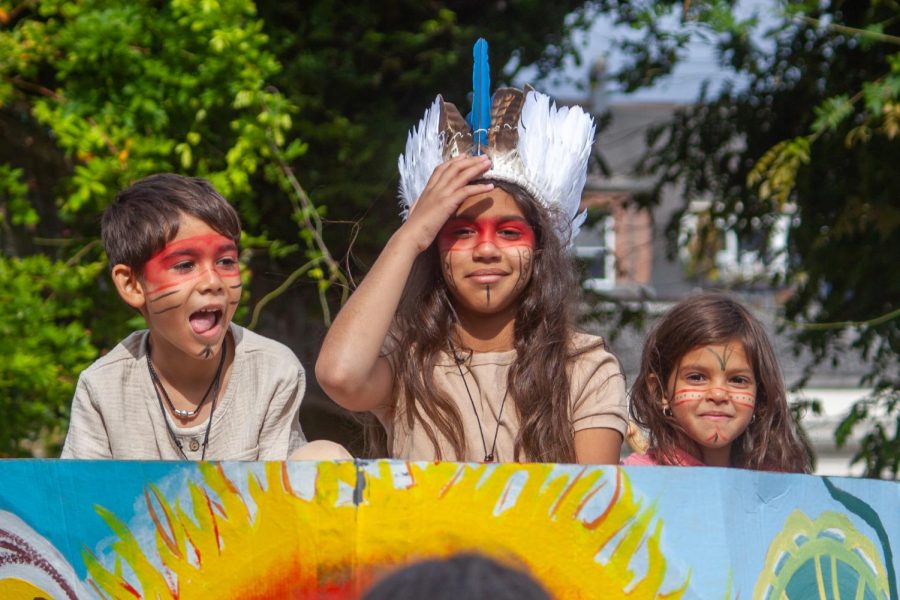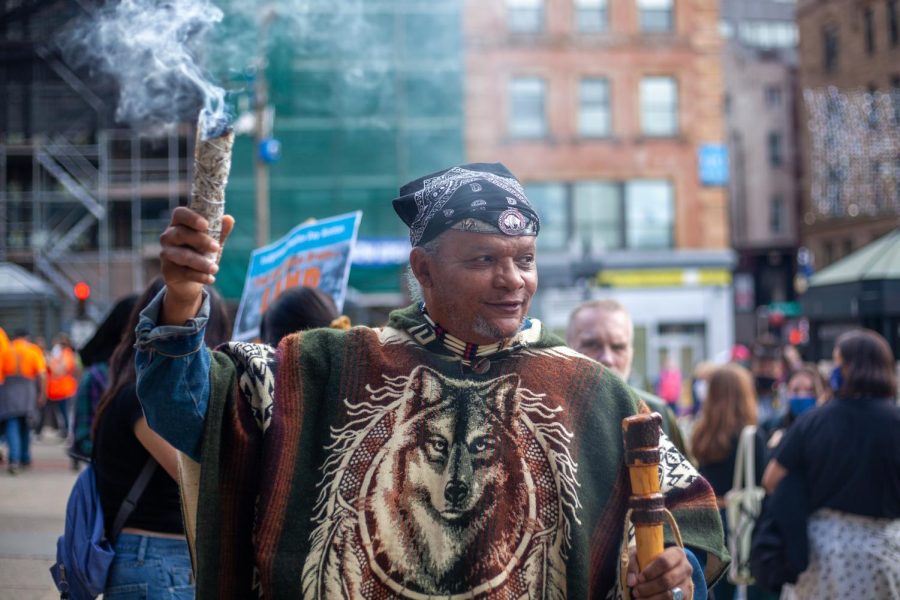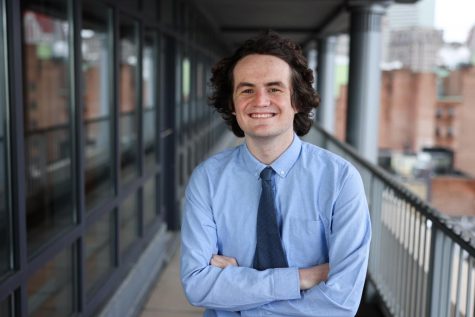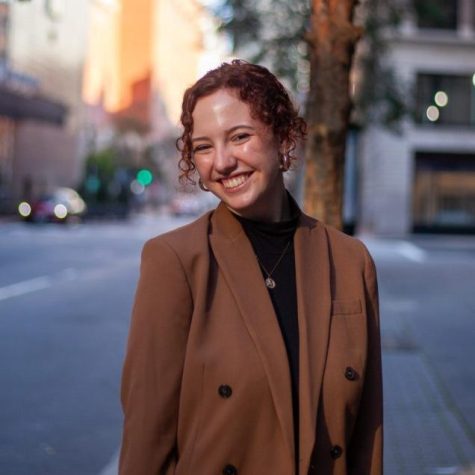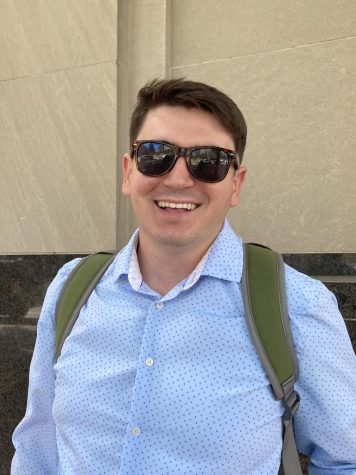The City of Boston celebrated Indigenous Peoples’ Day for the first time on Oct. 11 after Mayor Kim Janey officially changed the name of the holiday earlier this month.
President Joe Biden issued a proclamation two days later nationally recognizing Oct. 11 as Indigenous People’s Day.
“We must never forget the centuries-long campaign of violence, displacement, assimilation and terror wrought upon Native communities and tribal nations throughout our country,” Biden said in the proclamation. “I call upon the people of the United States to observe this day with appropriate ceremonies and activities.”
While the date is nationally recognized as Indigenous Peoples’ Day, federally, it is still recognized as Columbus Day.
On Saturday, Indigenous groups took to the Boston Common, demanding that Gov. Charlie Baker declare Indigenous People’s Day a statewide holiday.
Raquel Halsey, the executive director of the North American Indian Center of Boston, spoke at Christopher Columbus Park during the rally about the importance of changing the name of the holiday.
“We just want to be able to say Indigenous Peoples’ Day is not Columbus Day,” Halsey said. “We want acknowledgement for our pain and suffering.”
This year, Suffolk University referred to the day as October Break on its academic calendar.
Suffolk’s Center for Diversity and Inclusion (CSDI) acknowledged Indigenous Peoples’ Day in a post on Instagram.
“Honoring Columbus Day celebrates a legacy of genocide and perpetuates ongoing racism and neocolonialism towards Indigenous peoples,” the Instagram post read.
Individuals looking to learn more about the history of Indigenous lands in their area can text their zip code or city and state to 907-312-5085.
Leo Woods contributed to the reporting in this article.
Follow William and Shealagh on Twitter @WoodringWill and @ShealaghS.


